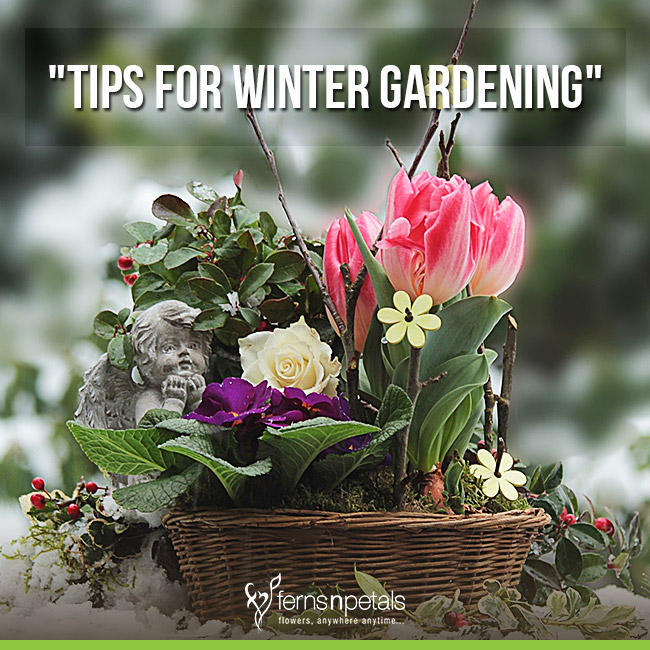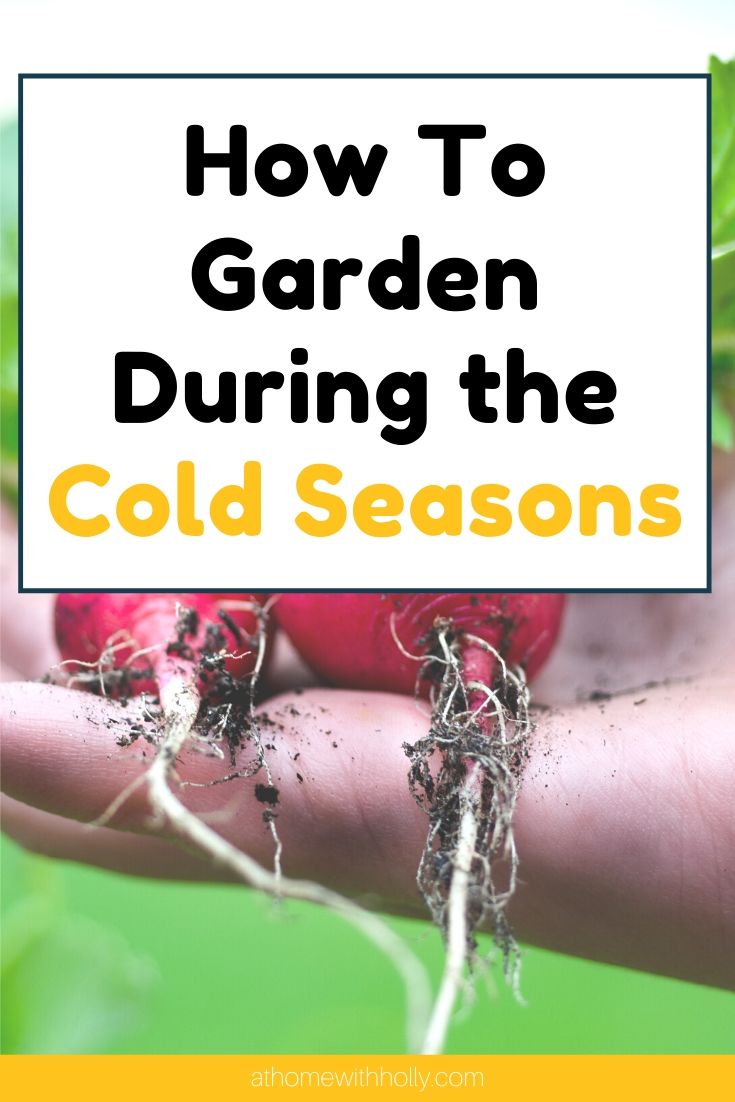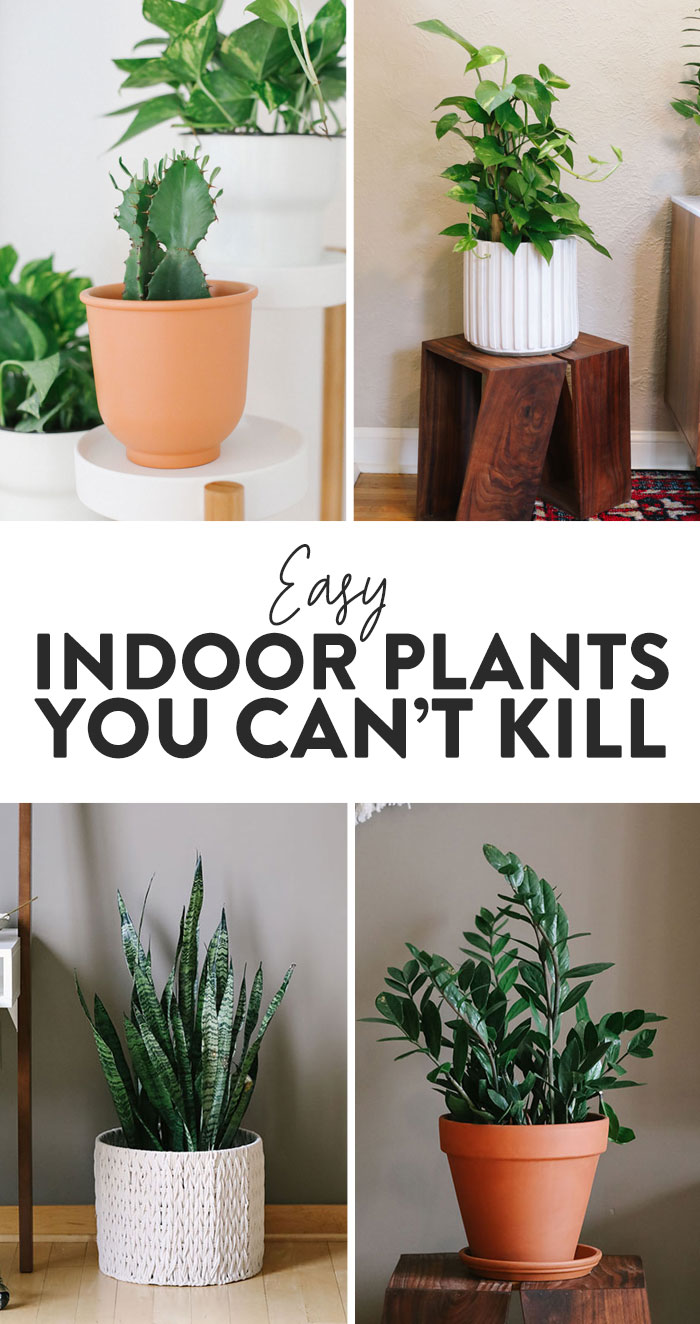How to Start Winter Gardening: Beginner Essentials

As the days grow shorter and the air crisper, many novice gardeners hang up their trowels until spring. But why let the cold deter you? Winter gardening can be as rewarding as any other season, offering a unique set of challenges and joys. Imagine nurturing life in the midst of dormancy, much like a lighthouse keeper tending a beacon in the storm. So, are you ready to embrace the frost and dig into some winter gardening essentials for beginners? Let's get started!
Embracing the Cold: Why Winter Gardening?
Winter gardening isn't just about keeping your green thumb active. It's about cultivating hardy beginner plants that thrive in the cold, creating a beautiful landscape in the starkness of winter, and even harvesting fresh produce when snow is on the ground. Plus, it's a fantastic way to combat the winter blues. So, let's dive into the world of cold season gardening.
Winter Gardening Starter Kit
Before you venture out into the frost, let's equip you with a basic gardening starter kit for the winter months.
Tools of the Trade
You'll need some essential tools to tackle the frozen ground. A sturdy spade, fork, and trowel are must-haves. Gloves are crucial to protect your hands from the cold. Also, consider investing in a soil thermometer to monitor soil temperature, an essential factor in winter plant care.
Choosing the Right Plants
Not all plants can survive the cold. Some beginner plants that fare well in winter include:
- Vegetables: Kale, spinach, Brussels sprouts, and carrots.
- Flowers: Pansies, violas, and hellebores.
- Trees and Shrubs: Holly, willow, and dogwood.

Winter Gardening Tips: Preparing Your Soil
Preparing your soil is the first step in winter gardening for beginners. The ideal time to prepare your soil is late fall, before the ground freezes.
Testing and Amending Soil
First, test your soil's pH and nutrient levels using a home testing kit. Then, amend the soil accordingly with compost, manure, or other organic matter. This will improve soil structure, drainage, and nutrient levels, giving your plants a strong foundation.
Mulching
Apply a layer of organic mulch, like straw or wood chips, to insulate the soil and protect plant roots from freeze-thaw cycles. It's like tucking your plants in with a warm blanket.
Planting and Caring for Your Winter Garden
With your soil prepped, it's time to start planting. But remember, winter plant care is different from caring for your summer garden.
Planting
Plant on a mild day, ensuring the soil isn't frozen or waterlogged. Follow the planting depth and spacing guidelines specific to each plant.
Watering
Water deeply after planting, then reduce watering significantly. Winter plants need less water due to slower growth and lower evaporation rates. It's like putting your plants on a diet—less is more.
Protecting Your Plants
Protect your plants from harsh winds and heavy snow with structures like cold frames, row covers, or windbreaks. These act like shields, deflecting the harshest elements.

Harvesting and Enjoying Your Winter Garden
With the right care, you'll be rewarded with a bountiful harvest even in the depths of winter. Enjoy fresh greens, root vegetables, and even flowers that bloom in the cold.
Conclusion: Embrace the Frost
Winter gardening is a journey filled with unique challenges and rewards. By understanding the winter gardening essentials for beginners, you're well on your way to cultivating a thriving cold-season garden. So, embrace the frost, nurture your plants, and enjoy the beauty of life in the cold. Happy gardening!
FAQs
What plants can survive winter? Many plants can survive winter, including vegetables like kale and spinach, flowers like pansies and hellebores, and trees and shrubs like holly and willow.
How do I protect my plants from frost? You can protect your plants from frost using structures like cold frames, row covers, or windbreaks. Also, ensure your plants are suitable for your hardiness zone.
Can I start a garden in winter? Yes, you can start a garden in winter, especially with plants that thrive in cold conditions. Make sure to prepare your soil and choose the right plants.
How do I prepare my soil for winter gardening? Prepare your soil by testing and amending it with organic matter, then apply a layer of organic mulch to insulate and protect plant roots.
What tools do I need for winter gardening? Essential tools for winter gardening include a spade, fork, trowel, gloves, and a soil thermometer. These tools will help you tackle the frozen ground and monitor soil temperature.
For further reading, check out these resources:
0 Response to "How to Start Winter Gardening: Beginner Essentials"
Post a Comment